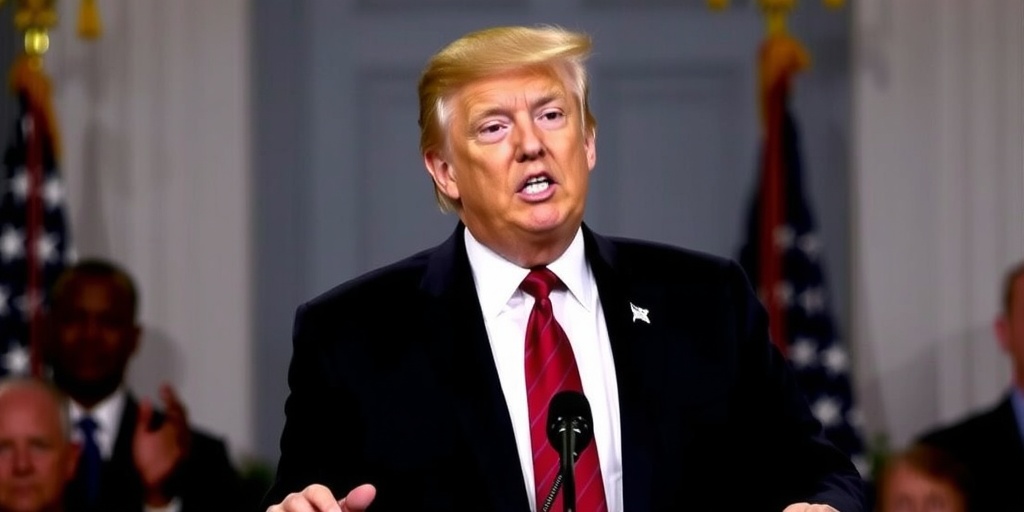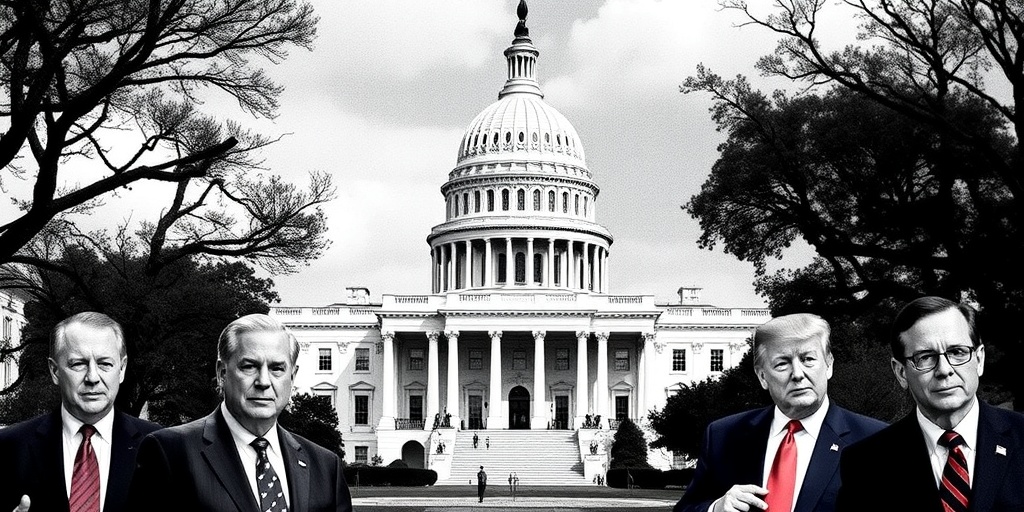Now Reading: D.C. Likely to Sidestep $1.1 Billion Budget Cut
-
01
D.C. Likely to Sidestep $1.1 Billion Budget Cut
D.C. Likely to Sidestep $1.1 Billion Budget Cut
Washington D.C. Averts Major Budget Crisis Amid Congressional Debates
In a tense atmosphere filled with anxiety and frustration, residents of Washington, D.C., braced themselves this week while Congress deliberated over a critical budgetary issue that threatened to impose an immediate $1.1 billion cut to the district’s budget. For four days, the impending threat of government shutdown loomed large, placing the city’s financial future in jeopardy. Fortunately, the passage of a separate Senate bill on Friday afternoon appeared to provide a lifeline, allowing the city to operate without interruption under its current budget.
The Senate’s overwhelming approval of the new legislation came as a relief, especially after concerns regarding the continuing resolution, which was initially crafted with a spending freeze that included the district’s budget. This measure was particularly alarming for local officials who had communicated to lawmakers that federal payments constituted only a minuscule fraction of the city’s overall budget. D.C.’s budget relies primarily on funds raised locally through taxes, fees, and fines, rather than federal support.
Senator Susan Collins, a Republican from Maine, played a pivotal role in the bill’s development. In her remarks on the Senate floor, she described the new legislation as a remedy to what she called a “mistake” in the continuing resolution. Collins emphasized the bill’s importance not only as a fiscal necessity but also as a safeguard for the city’s governance and its residents.
However, before the bill can be enacted into law, it must pass through the House of Representatives and receive the signature of President Trump. Senator Collins noted that the legislation had garnered support from the President and Representative Tom Cole, the Republican chairman of the House Appropriations Committee, suggesting that its passage through the Republican-controlled House was probable.
Phil Mendelson, the chairman of the D.C. City Council, voiced optimism about the situation. He stated in a recent interview that his office is collaborating closely with Mayor Muriel Bowser’s administration to garner the necessary support in the House. “I am confident that we will find a solution to this problem that has been handed to us by Congress,” he said, highlighting the joint efforts being made to resolve the crisis.
In a notable shift from past practices, the House resolution included provisions that subjected the district’s budget to a spending freeze, impacting its funding alongside various federal agencies. This provision ignited concerns among D.C. officials, who argued that the fiscal year’s budget had already been approved by Congress through prior resolutions and that any abrupt budget cuts would necessitate broad reductions in vital public services. Such cuts might have led to significant layoffs, impacting teachers, police officers, and other city employees, thus exacerbating the already high tensions felt within the community.
The backdrop of this budgetary turmoil underscored what many D.C. residents perceive as an ongoing vulnerability within the district’s governance. While Washington, D.C., is home to over 700,000 residents—making it more populous than Vermont and Wyoming—it lacks representation in Congress, and the local legislative process requires congressional approval for its laws. This creates a unique dynamic that often places the district at the mercy of federal appropriations and legislative whims.
The precariousness of D.C.’s situation has been further complicated by discussions among some Republican lawmakers, including President Trump, about potentially reconsidering the 52-year-old Home Rule Act, which affirms the district’s right to self-governance. This act allows residents to elect their mayor and City Council, establishing a framework for local control. A repeal of this law would shift D.C. under complete federal authority, raising alarm among advocates for the city’s autonomy and rights.
As the situation unfolds, local leaders remain vigilant, advocating for the rights and needs of D.C. residents. The next steps hinge on the outcomes in the House of Representatives, and city officials are preparing for various scenarios while hoping for a resolution that safeguards their budget and governance.
This week’s developments serve as a stark reminder of the complex relationship between Washington, D.C., and federal lawmakers, illustrating the constant balancing act between the needs of a populous city and its unique status within the United States. As discussions continue, all eyes will be on Congress and the actions taken in the coming days to ensure that the city can maintain its crucial public services and uphold the rights of its residents.
Stay Informed With the Latest & Most Important News
Previous Post
Next Post
Previous Post
Next Post
-
 01New technology breakthrough has everyone talking right now
01New technology breakthrough has everyone talking right now -
 02Unbelievable life hack everyone needs to try today
02Unbelievable life hack everyone needs to try today -
 03Fascinating discovery found buried deep beneath the ocean
03Fascinating discovery found buried deep beneath the ocean -
 04Man invents genius device that solves everyday problems
04Man invents genius device that solves everyday problems -
 05Shocking discovery that changes what we know forever
05Shocking discovery that changes what we know forever -
 06Internet goes wild over celebrity’s unexpected fashion choice
06Internet goes wild over celebrity’s unexpected fashion choice -
 07Rare animal sighting stuns scientists and wildlife lovers
07Rare animal sighting stuns scientists and wildlife lovers



















